Article 213. Arbitration.
1. Disputes over subjective rights, deriving from the execution of contracts relating to works, services, supplies, design competitions and ideas, including those resulting from the failure to reach the amicable agreement referred to in articles 210 and 211, may be referred to referees. Arbitration also applies to disputes relating to contracts in which a publicly held company or a company controlled or connected to a publicly held company is a party, pursuant to article 2359 of the civil code, or which in any case concern works or supplies financed with resources from public budgets. 2. The contracting authority or the granting body may directly indicate in the notice or in the notice with which it launches the tender or, for procedures without a tender, in the invitation, whether the contract will contain the arbitration clause or not. In these cases, the successful tenderer may refuse the arbitration clause within twenty days of becoming aware of the award. In this case the arbitration clause is not included in the contract. The parties have the right to compromise the dispute in arbitration during the execution of the contract. 3. The arbitration clause inserted without authorization in the notice or in the notice with which the tender is announced or, for procedures without notice, in the invitation. The clause is inserted following reasoned authorization from the governing body of the contracting authority. 4. The arbitration panel is made up of three members and is appointed by the Arbitration Chamber for public contracts relating to works, services, supplies referred to in article 214 Each party, in the request for arbitration or in the deed of resistance to the request, designates the arbitrator of its own jurisdiction. The President of the arbitration panel is designated by the Arbitration Chamber from among the subjects registered in the Register referred to in paragraph 2 of article 214. The President and the arbitrators are chosen from among subjects with proven independence and experience in the subject matter of the contract to which the arbitration refers. 5. The appointment of arbitrators for the resolution of disputes in which a public administration is a party takes place in compliance with the principles of publicity and rotation, as well as the provisions of the code. 6. Without prejudice to the provisions of the article 815 of the code of civil procedure, the following arbitrators cannot be appointed: a) ordinary, administrative, accounting and military magistrates in service, magistrates and tax judges in service as well as lawyers and state prosecutors in service; b) those who in the last year they have exercised the functions of party arbitrator, or in the last two years those of defender in arbitration proceedings governed by this article, unless the exercise of the defense constitutes the fulfillment of the official duty of the public employee; c) those who, before retirement, dealt with civil, criminal, administrative, accounting, military and tax appeals proposed by the person who requested the arbitration; d) those who expressed an opinion, in any capacity, on the matters subject of the arbitration; e) those who prepared the project or tender specifications or provided the relevant opinions; f) those who directed, supervised or tested the works, services or supplies to which the disputes refer ; g) those who have participated in any capacity in the procedure for which the arbitration is underway. 7. The appointment of the arbitration panel made in violation of the provisions of paragraphs 4, 5 and 6 determines the nullity of the award . 8. For the appointment of the arbitration panel, the request for arbitration, the statement of resistance and any counterarguments are sent to the Arbitration Chamber. Party designations are also transmitted. At the same time as the appointment of the President, the Arbitration Chamber communicates to the parties the amount and methods of the deposit to be made as an advance on the arbitration fee. The President of the arbitration panel appoints, if necessary, the secretary, also choosing him from among ANAC's internal staff. 9. The parties determine the seat of the arbitration panel; in the absence of indication of the seat of the arbitration panel or of agreement between the parties, this must be considered established at the seat of the Arbitration Chamber. 10. The provisions of the civil procedure code apply to arbitration proceedings, except as provided in this code. In particular, all means of proof provided for by the code of civil procedure are admissible, with the exclusion of the oath in all its forms. 11. The deadlines that the arbitrators have set for the parties for their allegations and preliminary requests are considered peremptory only whether there is a provision to this effect in the arbitration agreement or in a separate written document or in the procedural regulations that the arbitrators themselves have established. 12. The award is pronounced with the last signature and becomes effective with its filing with the Arbitration Chamber. Within fifteen days of the pronouncement of the award, a sum equal to one per thousand of the value of the relevant dispute is paid by the arbitrators and at the expense of the parties. This amount is paid directly to the ANAC. 13. The filing of the award at the Arbitration Chamber precedes that to be made at the court registry pursuant to and for the purposes of article 825 of the civil procedure code. The filing of the award with the Arbitration Chamber is carried out by the arbitration panel, in as many originals as there are parties, in addition to one for the official file, or with IT and telematic methods determined by the ANAC. Upon request of a party, the respective original is returned, with certification of its deposit, for the purposes of the obligations referred to in Article 825 of the Code of Civil Procedure. 14. The award may be challenged not only for reasons of nullity, but also for violation of the rules of law relating to the merits of the dispute. The appeal is brought within ninety days from the notification of the award and can no longer be brought after one hundred and eighty days from the date of filing of the award at the Arbitration Chamber. 15. Upon request of a party, the Court of Appeal may suspend , with an order, the effectiveness of the award, if there are serious and well-founded reasons. Article 351 of the Code of Civil Procedure applies. When it suspends the effectiveness of the award, or confirms the suspension ordered by the President, the panel verifies whether the judgment is in a position to be defined. In this case, having made the conclusions clear, he orders the oral discussion in the same hearing or chamber, or in a hearing to be held within ninety days of the suspension order; at the hearing he pronounces sentence pursuant to article 281-sexies of the code of civil procedure. If it deems the preliminary investigations to be indispensable, the panel provides for them with the same suspension order and orders their appointment in a subsequent hearing of no more than ninety days; then proceeds in accordance with the previous periods. The regulations relating to arbitrators' compensation are set out in Annex V.1. Upon first application of the code, Annex V.1 is repealed from the date of entry into force of a corresponding regulation adopted pursuant to article 17, paragraph 3, of law no. 23 August 1988. 400, by decree of the Minister of Infrastructure and Transport, after hearing the Arbitration Council referred to in paragraph 4 of article 214, which replaces it entirely also as an annex to the code. EFFECTIVE FROM: 1 July 2023Relazione
REPORT
Article 213 contains specific and detailed regulations concerning the use of the institution of arbitration in the field of public contracts.
The provision in question, in paragraph 1, precis...
Commento
NEW
• The parties have the right to compromise the dispute in arbitration during the execution of the contract.
• The President and the arbitrators are chosen from among subjects with proven indepen...
Condividi questo contenuto:






